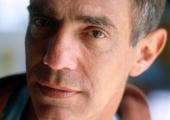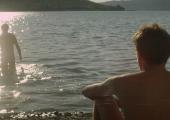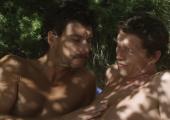Concussion

Robin Weigert excels in portrait of marital malaise - with a twist
A blow to the head provides the catalyst needed for Abby (Robin Weigert) to re-think her life in Concussion, writer-director Stacie Passon's acute American indie about a lesbian couple coming adrift and the new life charted by one of the two women, in particular. Would Abby end up welcoming (female) sexual partners for pay to her freshly purchased high-end Manhattan loft had her young son not accidentally sent a baseball winging its way to her head, thereby jolting her reality?









